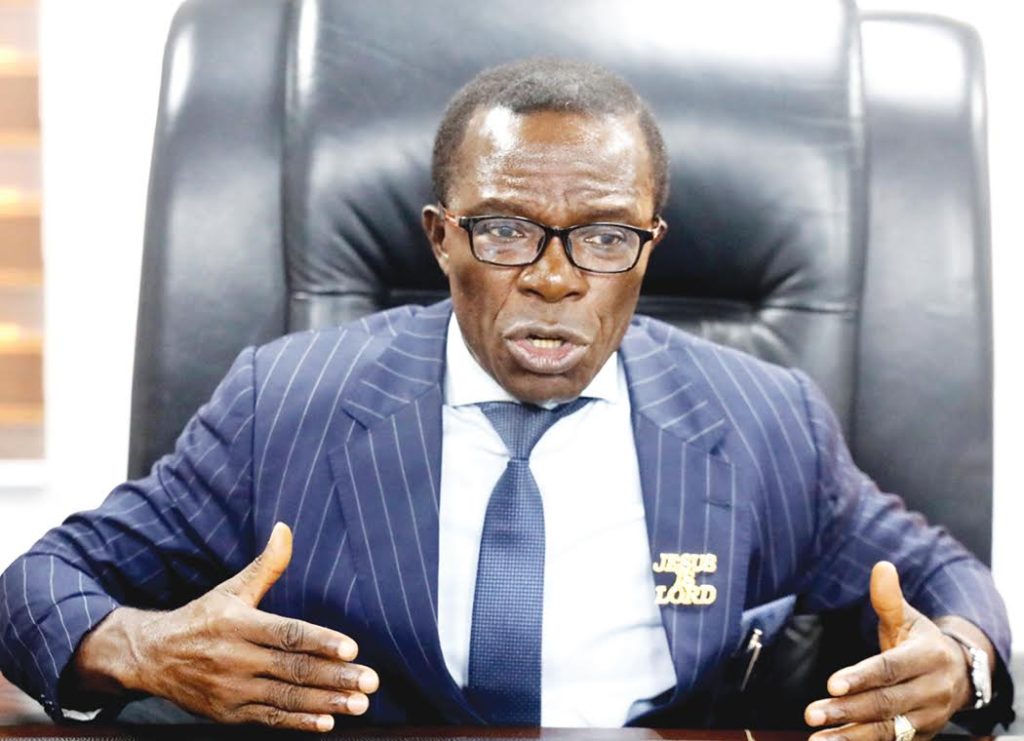
Success is not determined by academic degrees but by vision, perseverance, and the right mindset, according to Dr. Cosmas Maduka, CEO of Coscharis Group.
Speaking at the convocation lecture of Trinity University, Yaba, Lagos, Maduka challenged the conventional belief that formal education is the sole path to success, emphasizing that mentorship and apprenticeship play a crucial role in building thriving enterprises.
Drawing from six decades of business experience, he highlighted three core elements essential for success: vision, faith, and courage.
Read Also “Nothing Is Impossible”: Dangote Inspires Harvard Scholars on Ambition and Innovation”
“To build something great, you must develop a hunger mentality—a relentless desire to climb to the top against all odds. Education has a cost, but I had no one to underwrite mine. However, with the right mindset, I overcame obstacles and educated myself through life’s experiences,” he said.
Maduka shared his personal journey, recalling how he worked under his uncle for six years without a salary, receiving only $400 at the end of his apprenticeship. Despite financial hardships, he leveraged his skills and business acumen to build Coscharis Group into a multinational conglomerate.
He urged graduates to focus on creating value rather than chasing wealth, stating, “Money itself has no inherent value; it only represents the value you create. True success is built on credibility, relationships, integrity, and competence.”
According to him, the biggest advantage an entrepreneur can have is self-belief supported by action. “Many graduates finish at the top of their class but struggle in the real world. The right mindset and continuous learning beyond the classroom are just as important as a degree,” he noted.
Read Also “NYSC Confirms Implementation of N77,000 Allowance for Corps Members by March”
Encouraging graduates to apply their knowledge to real-world challenges, Maduka emphasized the need for innovation, ethical business practices, and leadership. He challenged the new graduates to pioneer technological advancements, champion justice, and redefine success in Nigeria’s business landscape.
“Your education should empower you to fix the economy, tell your own stories, build ethical businesses, and create innovations that shape the future. Nigeria needs leaders who think differently and act boldly,” he concluded.
His words resonated with the audience, leaving them with a powerful reminder that success is not handed down in degrees—it is earned through resilience, vision, and action.



